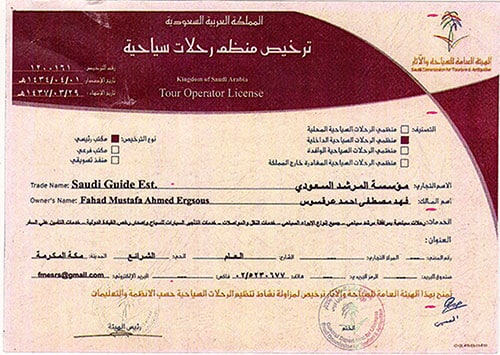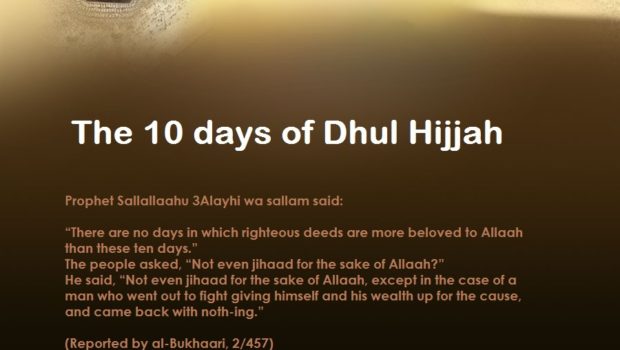There are two types of pilgrimages in Islam: Hajj and Umrah. Hajj, also known as…
Importance of first ten days of Dhul Hijja
The month of Dhul Hijja (the last month of Islamic calendar) is popularly considered as the month of mercy and prayers for all the Muslims. The significance of the top 10 days of Dhul Hijja is that Allah forgives the sins of a practitioner or believer and bestows his merciful blessings upon the Muslims. ‘Arafah’ is one of the ten days of Dhul Hijja in which the pilgrims are required to worship the Lord standing on the mountain that is named as ‘Arafah’. Besides the day of Arafah, there is no other day in Islamic calendar where Allah liberates his followers from the burning fire. Some believers also say that if you desire to come close to Allah then the best time to do so is ‘Arafah’ and the best place is Arafa Mountain.
The Islamic rituals state that it is a Sunnah to speak the essential lines of Takbir i.e., Allahu Akbar, Tahmid i.e, Alhamdulillah, Tasbi i.e., Subhan Allah, and Tahlil i.e., La Ilaha ill Allah in the first ten days of Dhul Hijja. Generally, men speak out these Takbira in a loud voice while the women utter the same quietly. The last day of Eid Al-Adha point outs the conclusion period of Hajj and venerates the sacrifice of Ibrahim for his son Ismail. Following this tradition, Allah mentioned in Quran that a sacrifice i.e., slaughtering after the successful accomplishment of Hajj is an essentiality.
The person who desires to slaughter and sacrifice is prohibited to cut their nails and hairs in the entire duration of the Hajj period. Although the sacrifice is considered to be the utmost Sunnah, some scholars justified the Hadith saying that the sacrifice is mandatory for those who can afford. On the other hand, it is a Nafi (voluntary) for the people that can’t afford it.



















